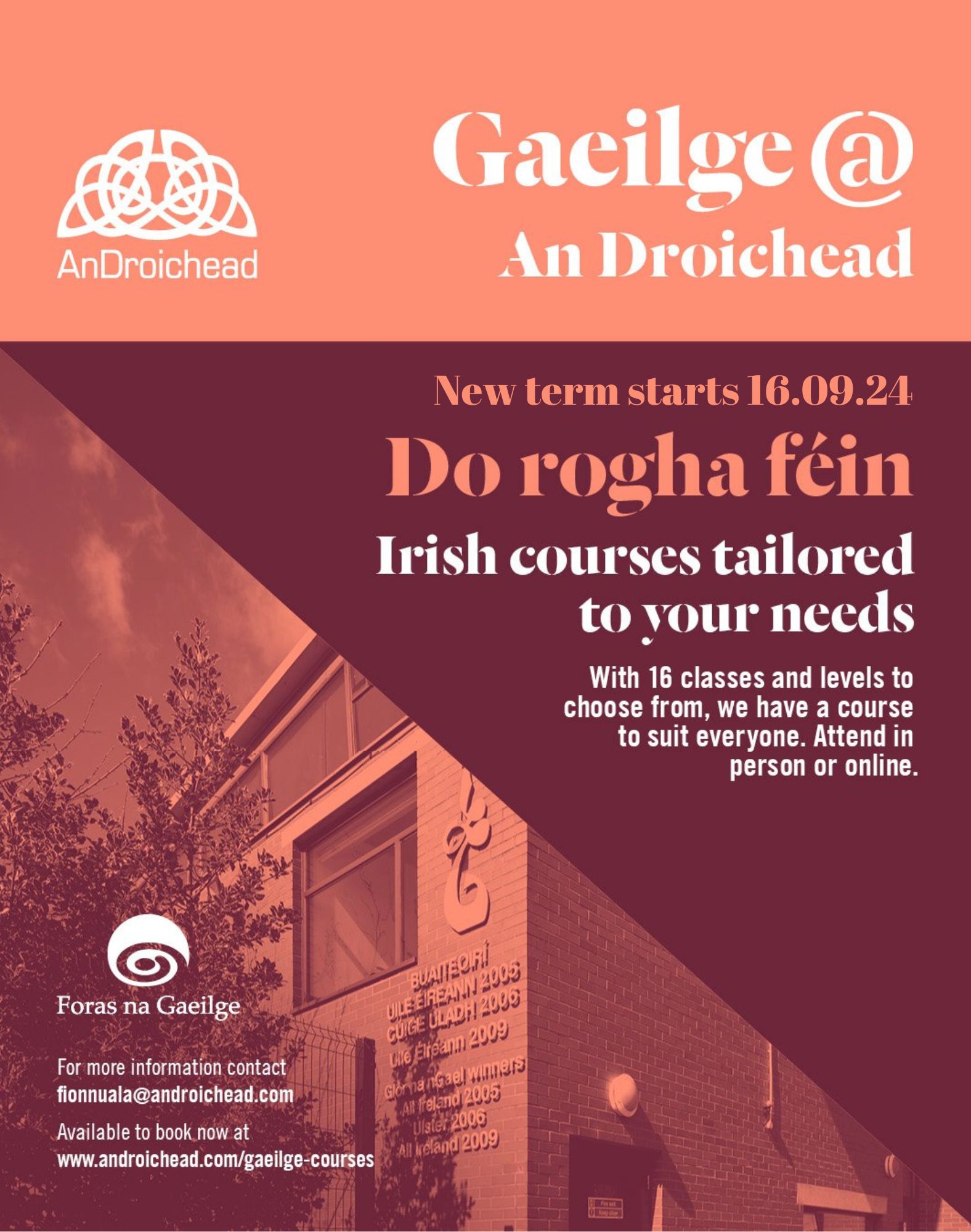THE FLYING of the Union Jack at City Hall could be reduced to just 18 days a year, if new recommendations are adopted by Belfast City Council.
The recommendations were made as a result of an Independent Equality Impact Assessment (EQIA) of flags at civic buildings that was carried out after an official complaint was made by Sinn Féin members of the Council in March of this year. Subsequent complaints on the issue were also lodged by several ratepayers.
A second EQIA was carried out on memorabilia at City Hall which recommended that certain artefacts are removed from the reception of Belfast City Hall while other artefacts are added to the entrance area.
Sinn Féin leader on the Council, Jim McVeigh, said: “The Union Jack flag at City Hall flies there 365 days of the year and the EQIA recommends that this be reduced to 18 designated days. It also recommends that that the Union Jack that flies above the Ulster Hall and the Council’s Duncrue depot on designated days should come down altogether.”
However, discussions on the issue have stalled due to a walk-out by unionist councillors at a meeting to discuss the issue on Friday past.
“We were supposed to discuss these matters at the last meeting of the Diversity Working Group at the Council but the unionists walked out in protest at the approval of the Irish language Christmas sign, so that has postponed discussion on it for the moment,” said Cllr McVeigh. “The recommendations have to get support from the Council and then go out to public consultation. It will take a bit of time to get it through but I’m confident we’ll see some changes early next year.”
On the issue of memorabilia inside Belfast City Hall, Councillor McVeigh said artefacts such as “various British military flags” should be removed from the building’s reception area.
“We don’t know what artefacts would replace the stuff that’s removed as that would have to be discussed, but it would have to be more inclusive symbols,” he said.
“We have recommended artefacts around the history of labour in the city and the contribution of women, ethnic minorities and the Irish language. The recommendations from both reports are very far-reaching and significant, particularly for nationalist and republican citizens of the city.”

